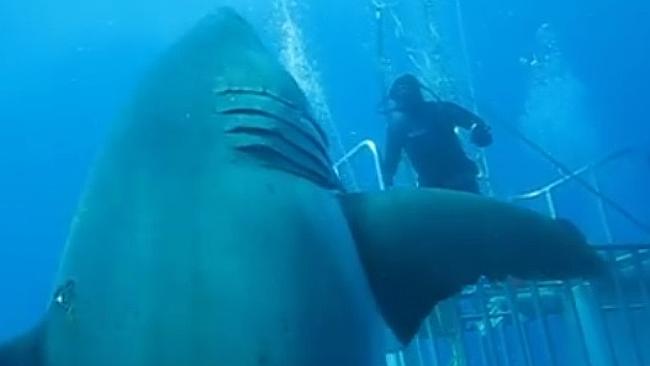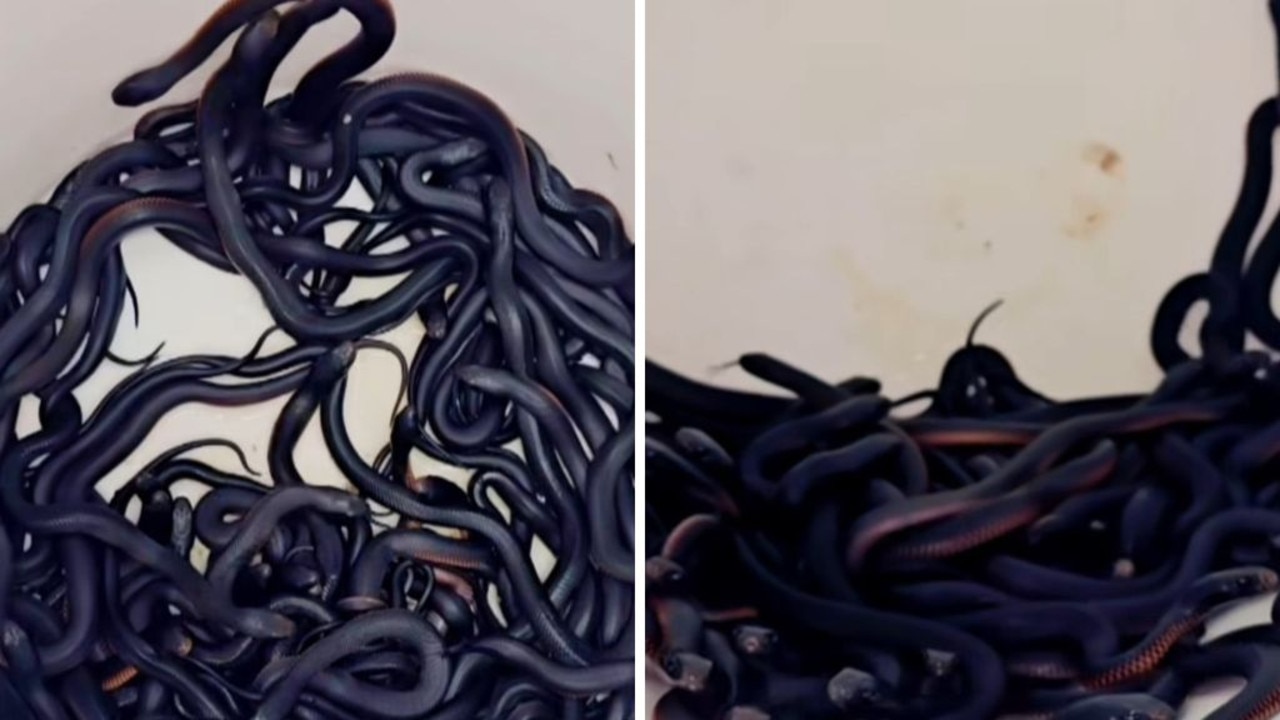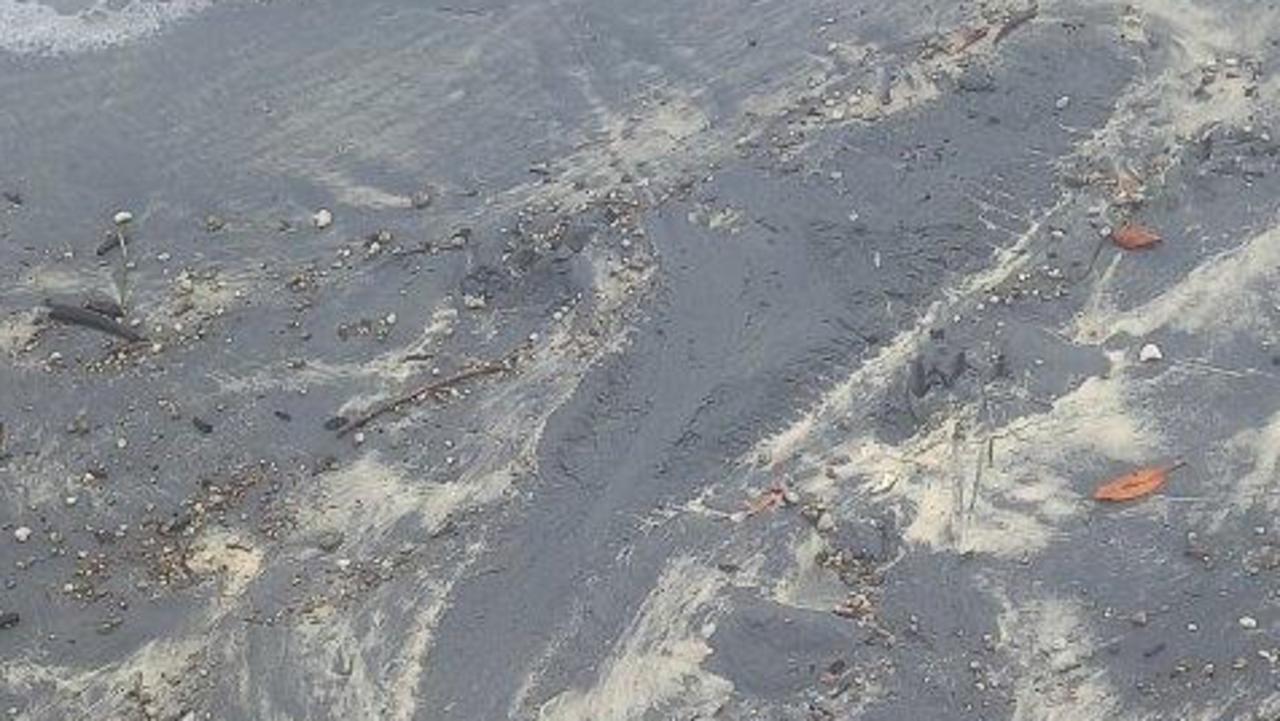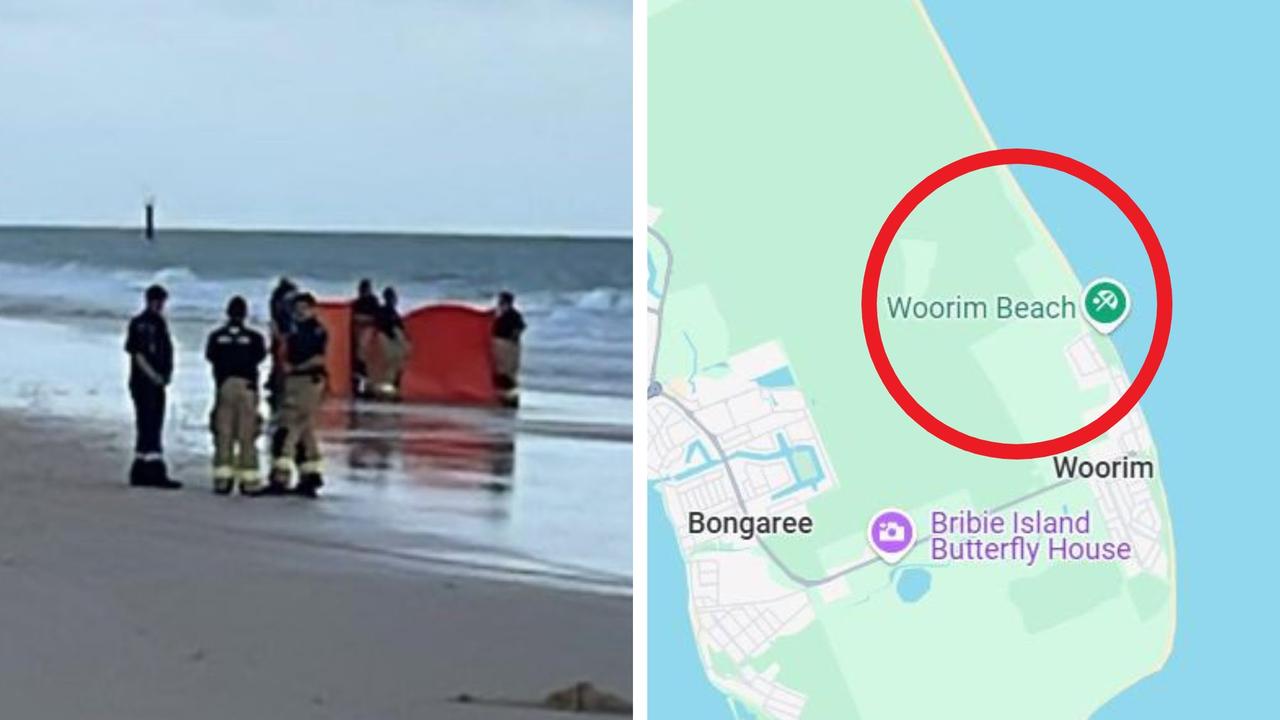Filmmakers spot Deep Blue, capture amazing footage of huge shark
YOU might not be brave enough to dive into the water with this gigantic shark, but some other people were. They brought along their cameras too.

YOU might not be brave enough to dive with this 6m long shark, but filmmakers have. And the footage is incredible.
Deep Blue, believed to be the largest ever filmed, was found near Mexico’s Guadalupe Island, a volcanic island that lies approximately 240 kilometres off the west coast of Mexico’s Baja California Peninsula.
Approximately 50-years-old and pregnant, footage of Deep Blue was captured in 2013 for a feature on a Discovery Channel documentary during Shark Week last year.
The new footage was uploaded to Facebook on Monday by shark researcher Mauricio Hoyos Padilla in a bid to protect the giant, underwater fish.
Awe-inspiring and imposing, her length, six metres, almost matches that of the research crew’s 6.7 metre boat. Vertical slashes on her left flank “could be from fights with sharks or mating scars”, explains the Discovery Channel.
Not only is she long, her girth is abnormally large.
With a massively swollen belly, she’s “seemingly pregnant.”
Weighing in at more than 2200kg, the emergence of the great white “tells me protection and conservation efforts are really working”, Padilla said in a statement.
“When I saw Deep Blue for the first time, there was just one thought in my mind: Hope.
“Deep Blue has been spared from longlines and the inherent dangers of being in the wild, and somehow she has found her way in the vast ocean.”
Yet Deep Blue is under serious threat, and so are her babies.
“This amazingly enormous female is carrying several little baby White Sharks, just waiting to be swimming free in the ocean,” said Padilla.
He explained that when great whites nest, they swim close to shore to deliver their pups in shallow sea, free from predators and full of food for her young ones.
“Unfortunately, these areas are close to shore and are very vulnerable to several human threats.
“Deep Blue, her pups and fellow White Sharks need your help.”
Lines and gill nets are common killers for great whites, who unwittingly get caught and die from asphyxiation.
Dozens of sharks migrate to Guadalupe Island every season, who hunt the island’s large elephant seal colony.
None though, match the sheer size of Deep Blue.
The footage was posted just two days before a community of surfers in northern NSW called for a partial shark cull after six attacks and numerous sightings along the coast.
They’re hoping for the state government to follow the lead of Western Australia’s catch-and-kill policy, which has captured only two great whites since its introduction in 2009.
The attacks have kept tourists and locals away from water and the holiday destination, and fears are growing the locals will form a vigilante group to cull the sharks themselves.
At least seven great whites are known to be patrolling the area.
“People who have surfed every morning for 40 years are not going in, said Ballina mayor David Wright. “People are pulling out of holidays from caravan parks and other accommodation.
“A lot of people have dry wetsuits hanging up at home. On Sunday it was a beautiful day, but not many people were out and about.”
In February, 41-year-old Tadashi Nakahara was killed in a great white shark attack at Shelly Beach in Ballina.
Yet the fisherman making headlines for his recent haul of a monster tiger shark said culling is not the answer, believing the animals eventually returned in larger numbers.
“To use the word cull in such a heavily regulated industry is a bit harsh because the word cull is the big divider in public opinion,” Matthew, whose last name was not identified, told the Northern Star.
“I think the fisheries need to review their quota system because we’re restricted very heavily on what we are allowed to take each week.
“The current system is not going to put the slightest dint in the population of sharks.
“You’ve got to fish for your kids future, not your future.”
The Department of Primary Industries, Lands and Water told The Australian there are no plans to introduce shark culls on the NSW coast.
Great whites are a protected species and those who break the rules face fines of more than $15,000.




